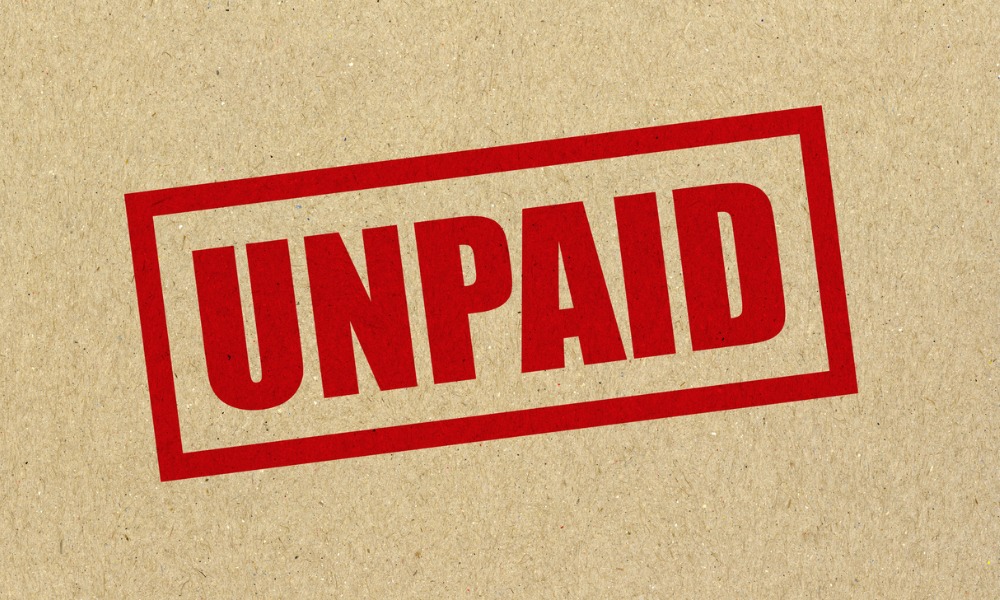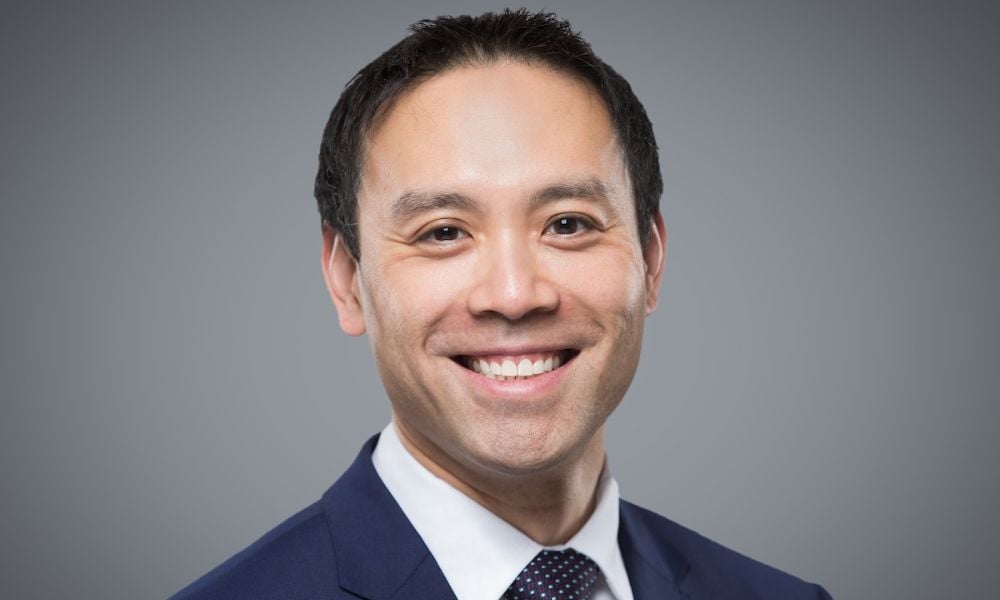The firm warns against travel disruptions

Vodafone employees who are planning to travel abroad for personal reasons should coordinate contingency plans with their team leaders in the event that they are stranded in a lockdown. The company is urging staff to consider all possible scenarios.
The guidance mentions the likelihood of employees being unable to return to New Zealand “for extended periods,” and points to how their prolonged absence could disrupt work. Meanwhile, despite the opening of the trans-Tasman travel bubble, international business trips continue to be restricted unless approved by the CEO beforehand.
Read more: Trans-Tasman bubble ‘turning point’ for airline sector
“Before booking any international flights we recommend you discuss and agree a plan with your people leader of how you could extend your leave in this scenario [and] consider alternatives that could work for your whānau,” Vodafone said. “Make sure you keep updated with the government’s travel restrictions and do your homework on what your travel insurance does and doesn’t cover.”
Vodafone is open to considering employee situations on a case-by-case basis. However, as an “absolute last resort,” the company may also examine the possibility of terminating an employee whose role requires them to be on site but who remains stranded after exhausting all leave options.
“While working from Australia or a managed isolation facility is completely possible for many employees, depending on their role and at the discretion of their people leader, we don’t want those people who may not be able to do their jobs remotely to be caught unawares,” the group said.
Read more: Vodafone NZ HR: Taking flexible working to a new level
The latest travel guidelines came after an earlier memo warned employees that they could be terminated if they are unable to return to work for an extended period “beyond their original approved leave dates”.
Vodafone has clarified the communication gaffe and updated the policy. “We can see we really didn’t get the messaging right on this one, and were trying too hard to cover all possible scenarios and risks for our people, no matter how unlikely or complex, rather than simply working with any of our people who might be impacted while on personal travel trips overseas on a case by case basis,” the company said.








